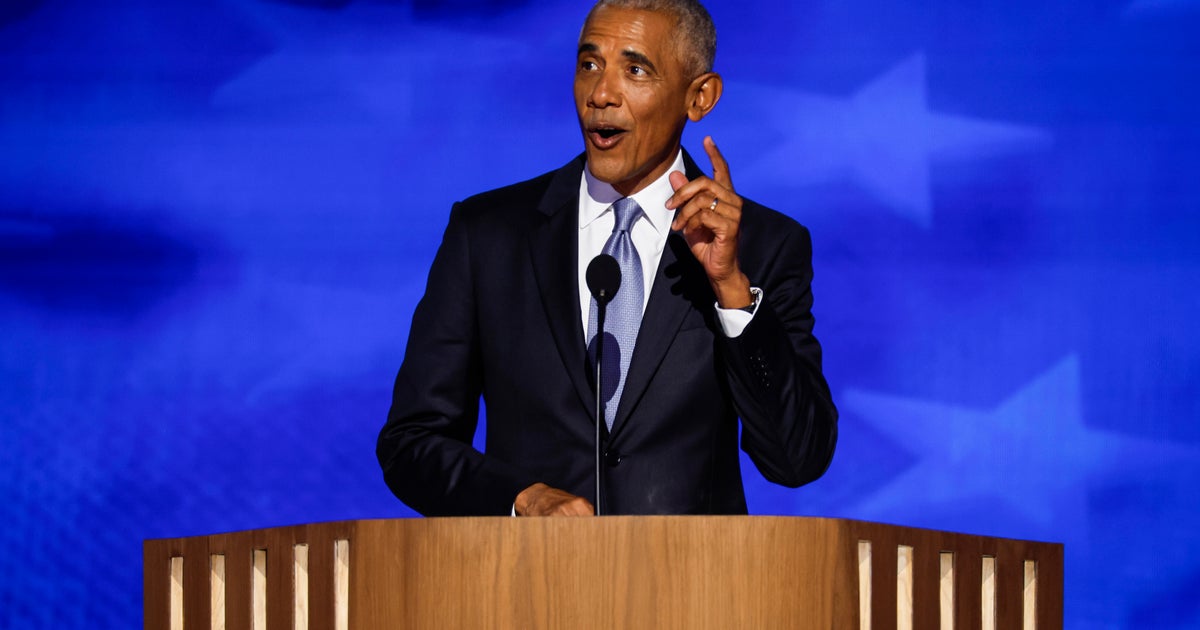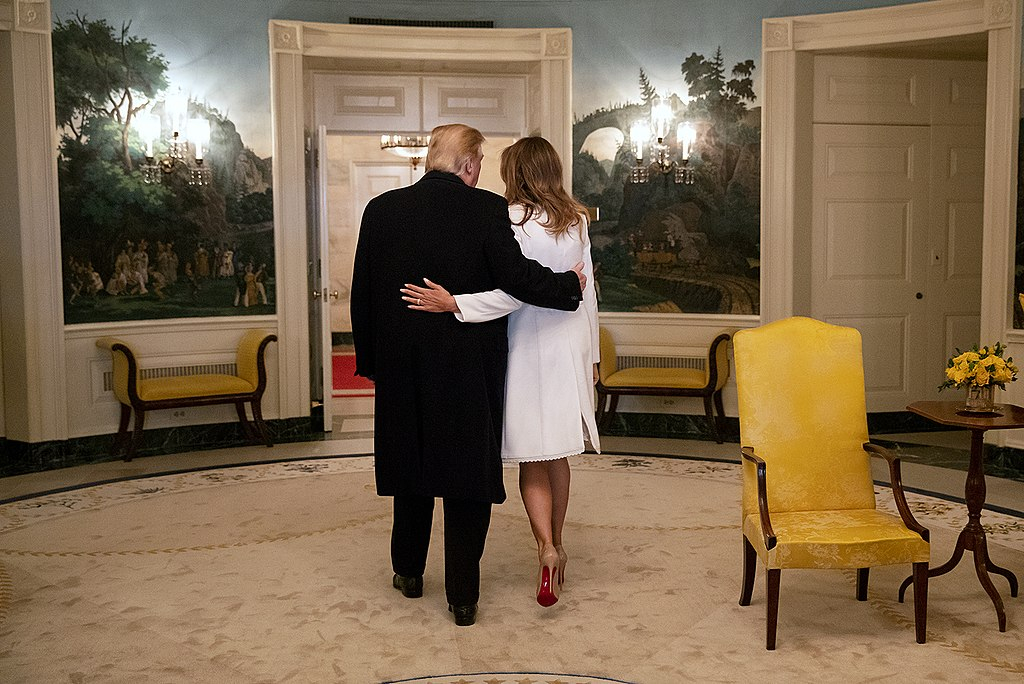Millions of voters throughout the United States will face tougher identification requirements when they head to the polls next month thanks to a wave of new laws that have been enacted since the 2020 election.
While experts say voter ID laws won’t be the most important factor in the presidential election, many believe they play a crucial role in what is expected to be an incredibly tight race.
“Because we use the Electoral College … if we do anything that suppresses turnout, really from any group, that’s going to change the outcome,” said Andrea Benjamin, an associate professor of African and African American Studies at the University of Oklahoma, who has studied the impact of voter ID laws.
Eight states, home to 29 million people of voting age, have either imposed voter identification requirements for the first time or made existing rules tougher since the last presidential election. With those new laws in place, twelve states now have what are classified as strict voter ID laws, according to the National Conference of State Legislatures, meaning that many people who lack proper identification will not be able to vote. Another two dozen states ask voters to show ID but offer workarounds that still allow those without it to cast ballots.
Four of the seven swing states that will likely determine the winner in the presidential election — Arizona, Georgia, North Carolina and Wisconsin — have strict voter ID laws on the books and polls suggest each of them could be decided by a razor-thin margin.
“I don’t think it’s getting the attention that it deserves given the impact it’s going to have on the election,” said Ceridwen Cherry, legal director for VoteRiders, a nonpartisan organization that helps people navigate the process of acquiring the IDs they need to vote.
Republican priority
Voter ID laws have been pushed almost exclusively by Republican lawmakers, who argue that ID verification is necessary to protect our elections from fraud.
“No Radical Left Democrat politician has EVER been able to explain why their party is so rabidly opposed to Voter ID — and that’s the biggest giveaway of all that they are cheating on a monumental scale,” former President Donald Trump wrote in a social media post late last year.
Missouri Gov. Mike Parson, took a more measured tone in a statement he released after signing a law that raised the standard for ID in his state in 2022, saying the changes were necessary to give “Missourians confidence that their voices are being accurately and securely recorded at the ballot box.”
Despite the widespread belief among Republicans that voter fraud is rampant, documented incidents of people deliberately submitting fraudulent ballots are extremely rare. One study from 2019 found that “strict ID requirements have no effect on fraud — actual or perceived.” The impact they do have, some research shows, is creating hurdles that prevent otherwise eligible people from voting.
“These laws, they do nothing but make it more difficult to vote,” said Kenneth Mayer, a professor of American politics at the University of Wisconsin-Madison, who has conducted research on the effects of voter ID in his state. “And for every possible case of voter impersonation that you might prevent, you’re talking about thousands or tens of thousands of people who face these burdens.”
‘Voter confusion is huge’
Nearly 50 million voting-age Americans either do not have a current driver’s license or have one that does not match their current address, which could prevent them from voting in states with strict voter ID laws, according to research from the Center for Democracy and Civic Engagement at the University of Maryland.
“It sounds easy to say, ‘Well, just get an ID.’” Benjamin said. “Yes, but think about the actual hurdles that people have to overcome. It’s not going to stop me from voting. I have the necessary documents. Great for me, but that doesn’t mean that, even for my neighbor, that’s the case.”
The specific restrictions in the laws, including what types of identification can qualify and when they’re necessary, vary significantly from state to state and are updated regularly. That can mean even some people who have the documentation they need still don’t vote because they mistakenly believe they can’t.
“Voter confusion is huge,” Cherry said. “In terms of those sort of concentric circles of reasons people are impacted by an ID law that you can’t measure, voter confusion is probably the biggest one.”
The demographics of voter ID
While members of every demographic group lack the required ID, surveys show that the problem is much more pronounced among groups that tend to favor Democrats. Black and Hispanic voters, for example, are three times as likely not to have a driver’s license as white voters. Younger voters, who polls show overwhelmingly support Kamala Harris over Donald Trump, are the most likely group to lack proper ID.
“Imposing unnecessary obstacles to voter participation disproportionately burdens low-income voters, voters of color, young or elderly voters, and people with disabilities,” California Attorney General Rob Bonta said earlier this year after the city of Huntington Beach imposed its own voter ID requirement. California’s Democratic Gov. Gavin Newsom recently signed a new law banning local governments in the state from requiring ID to vote.
The American Civil Liberties Union sees voter identification as “part of an ongoing strategy to suppress the vote” by Republicans.
There is some research from the past decade, however, to suggest that voter ID laws may not prevent a significant number of people from voting. That’s because political parties and voting rights groups tend to pour resources into states to help people get the IDs they need.
But Mayer argues that there’s still ample evidence that voter ID laws keep people from casting their ballots.
“It’s not sufficient to say, ‘Well, when these laws are around long enough, everybody gets used to them, they don’t matter.’ Well, that’s not true.” he said.
A pair of recent Supreme Court decisions — including a landmark decision in 2013 that rolled back portions of the Civil Rights Act — cleared the way for voter ID to spread to states across the country. But the specifics of the laws still sometimes come under intense legal scrutiny.
In North Carolina, for example, a voter ID law approved by voters in 2018 was challenged in court within 15 minutes of being enacted. The state supreme court eventually struck down the law, ruling that it was racially biased. But last year, that same court — with a new Republican majority — reinstated it. The legal wrangling over other details, like which type of identification voters can use, is ongoing.














